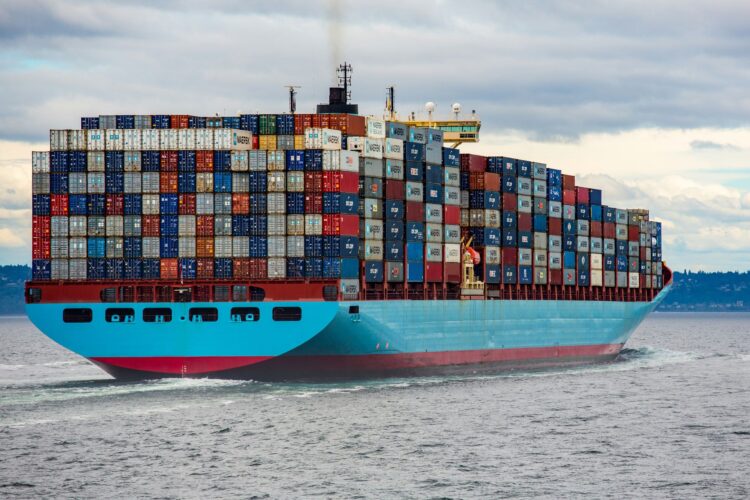European investigators are probing allegations that a Chinese merchant ship, Yi Peng 3, deliberately dragged its anchor to sever two critical undersea telecommunications cables in the Baltic Sea earlier this month. However, Western intelligence sources have told The Wall Street Journal that the Chinese government is not believed to be directly involved. Instead, investigators focus on potential links between the ship’s actions and Russian intelligence, which may have influenced the vessel’s captain.
Is Yi Peng 3 China’s newest weapon in an undersea cable sabotage plot?
The incident involved the cables connecting Lithuania to Sweden and Finland to Germany, severed between November 17 and 18. As the investigation unfolds, NATO warships from Denmark, Germany, and Sweden have surrounded the Yi Peng 3 in international waters. While the ship’s Chinese owner, Ningbo Yipeng Shipping, reportedly cooperates with authorities, NATO cannot force the vessel into a port due to international maritime laws.
Satellite and tracking data indicate the ship traveled significantly slower than usual, allegedly dragging its anchor for over 100 miles. After cutting the second cable, it reportedly zig-zagged before resuming normal operations. The ship’s transponder was turned off during the event, raising further suspicion. According to investigators, damage found on the ship’s anchor and hull is consistent with dragging and cutting the cables. Experts consider it highly improbable that the crew was unaware of the anchor’s actions during the hours-long incident.
Further scrutiny of the Yi Peng 3’s recent activity reveals a shift in operations. From December 2019 to early 2024, the vessel operated exclusively in Chinese waters. However, in March 2024, it began transporting Russian goods, including coal and fertilizer, frequently stopping at Russian ports. At the time of its interception by the Danish Navy, it was carrying Russian fertilizer.
The cable-cutting incident highlights vulnerabilities in global communications infrastructure. The United States recently warned about heightened risks to undersea cables from Russian interference, a concern underscored by this latest event. As authorities negotiate access to the ship and its crew, the international community watches closely, with concerns extending beyond geopolitics to the security of critical technology systems.
Image credit: Ian Taylor/Unsplash





